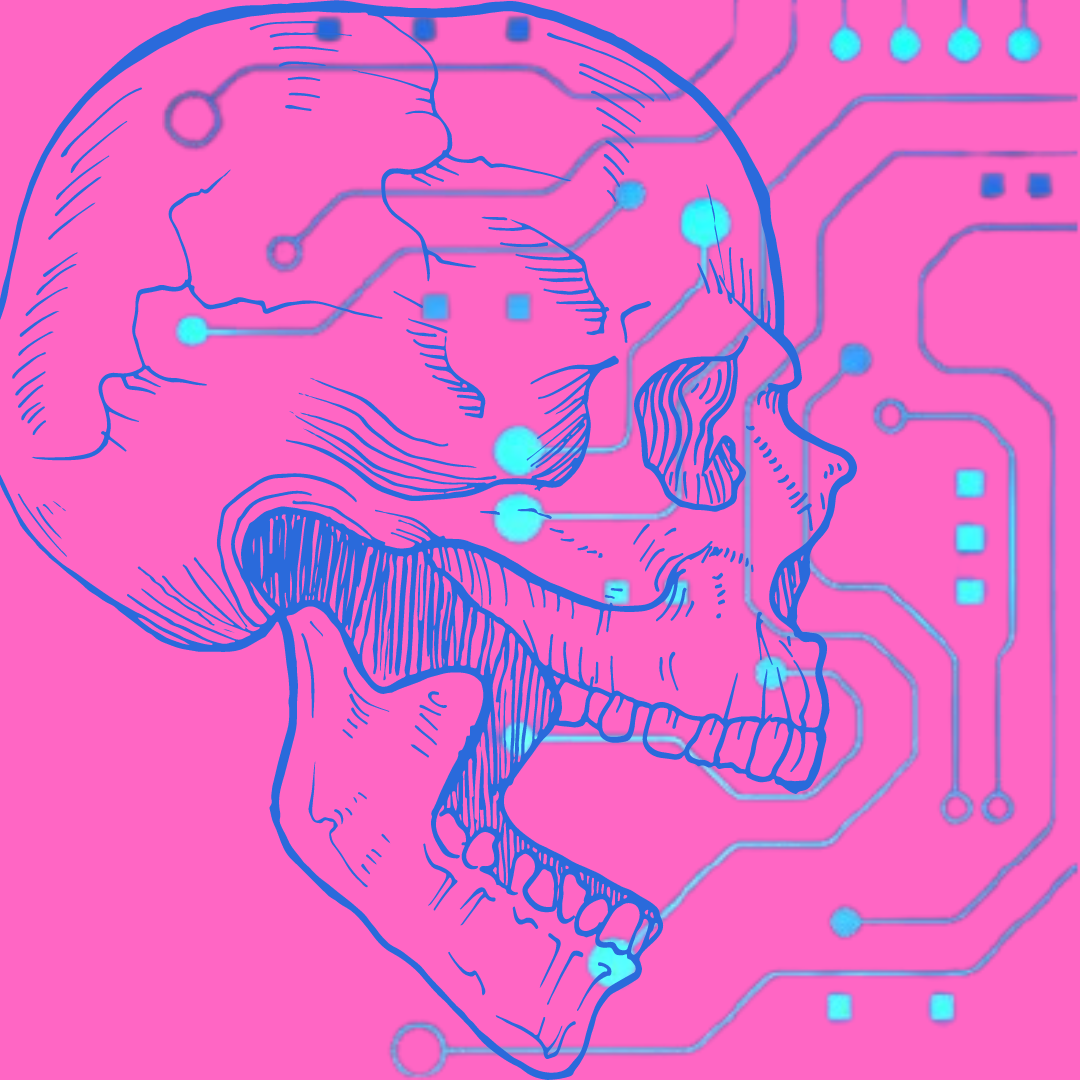China’s Autonomous Agent, Manus, Changes Everything
By Craig S. Smith,
Forbes
| 03. 08. 2025
One recent evening in Shenzhen, a group of software engineers gathered in a dimly lit co-working space, furiously typing as they monitored the performance of a new AI system. The air was electric, thick with the hum of servers and the glow of high-resolution monitors. They were testing Manus, a revolutionary AI agent capable of independent thought and action. Within hours, its March 6 launch would send shockwaves through the global AI community, reigniting a debate that had simmered for decades: What happens when artificial intelligence stops asking for permission and starts making its own decisions?
Manus is not just another chatbot, nor is it merely an improved search engine dressed in futuristic branding. It is the world’s first fully autonomous AI agent, a system that doesn’t just assist humans — it replaces them. From analyzing financial transactions to screening job candidates, Manus navigates the digital world without oversight, making decisions with a speed and precision that even the most seasoned professionals struggle to match. In essence, it is a digital polymath trained to manage tasks across industries without...
Related Articles
By Diaa Hadid and Shweta Desai, NPR | 01.29.2026
MUMBRA, India — The afternoon sun shines on the woman in a commuter-town café, highlighting her almond-shaped eyes and pale skin, a look often sought after by couples who need an egg to have a baby.
"I have good eggs,"...
By George Janes, BioNews | 01.12.2026
A heart attack patient has become the first person to be treated in a clinical trial of an experimental gene therapy, which aims to strengthen blood vessels after coronary bypass surgery.
Coronary artery bypass surgery is performed to treat...
By Staff, ScienceDaily | 01.05.2026
Scientists at UNSW Sydney have developed a new form of CRISPR technology that could make gene therapy safer while also resolving a decades-long debate about how genes are switched off. The research shows that small chemical markers attached to DNA
...
Following a long-standing CGS tradition, we present a selection of our favorite Biopolitical Times posts of the past year.
In 2025, we published up to four posts every month, written by 12 authors (staff, consultants and allies), some in collaboration and one simply credited to CGS.
These titles are presented in chronological order, except for three In Memoriam notices, which follow. Many more posts that are worth your time can be found in the archive. Scroll down and “VIEW...




